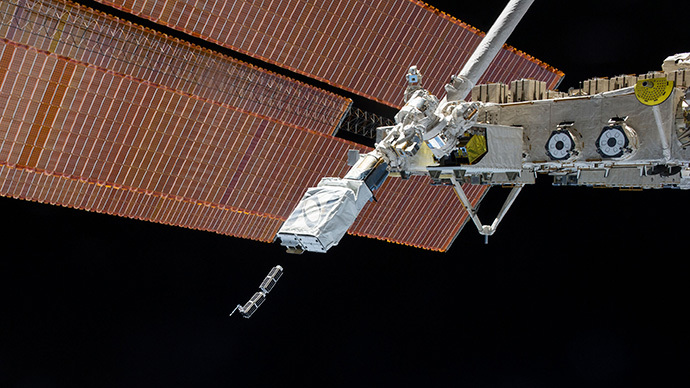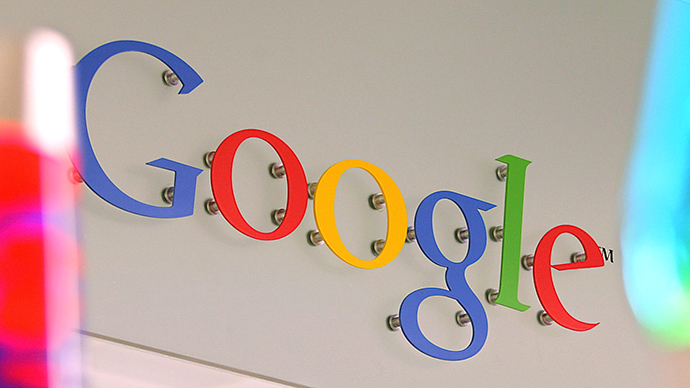Google is planning to launch 180 low orbit satellites at the astronomic cost of around $3 billion, as part of an ambitious project to increase internet connectivity in poorer areas of the world.
The project is being led by Greg Wyler, the founder of O3b Networks, which stands for the ‘other three billion’. This is a reference to the estimated number of people in the world who do not have access to broadband for reasons of geography, economics or political instability. Wyler will report directly to Larry Page, Google’s chief executive, and will head up a team of about 20 people.
Sources told the Wall Street Journal Sunday that the internet giant plans to spend between $1 and $3 billion on the low orbit satellites.
The ambitious satellite venture will be an extension of Project Loon, in which Google uses high altitude balloons to bring internet connectivity to remote areas of New Zealand and to create an uninterrupted internet signal around the 40th parallel in the southern hemisphere.
Google has also announced its intention to use drones to increase connectivity and bought Titan Aerospace in April to deliver solar powered drones that can stay airborne for up to five years.
The acquisition puts the search giant in direct competition with Facebook, which announced in March that it was also putting a plan into action to use a fleet of drones, satellites and lasers to give people internet access, where previously they couldn’t use the web.
Facebook purchased solar-powered drone designer, Ascenta, as part of its internet.org initiative, which aims to “beam internet to people from the sky.”
And if all this isn’t enough, it was reported in Space News last Friday that Google is also recruiting World View Satellites to make sure that it can secure the rights to part of the radio spectrum, which means that they can use any satellite to deliver internet connectivity.
But considerable obstacles remain for both Google and Facebook, including overcoming design and financial hurdles. Critics have pointed out that even if the web giants can establish internet connections, maintaining them over a long period with no guarantee of profitability is another question.
There could also be conflicting areas of interest, particularly when it comes to footing the bill for these ambitious projects. Would governments or end users pay Google and Facebook for the service, or would it be split between the internet giants and local carriers? There is also evidence that poor people avoid using broadband simply because they can’t afford it.
But Google remains optimistic and determined that the project will go ahead.
“Internet connectivity significantly improves people’s lives. Yet two thirds of the world has no access at all. It’s why we’re so focused on new technologies – from project Loon to Titan Aerospace – that have the potential to bring hundreds of millions more people online in coming years,” a spokesman for the firm said in a statement emailed to the Guardian.


